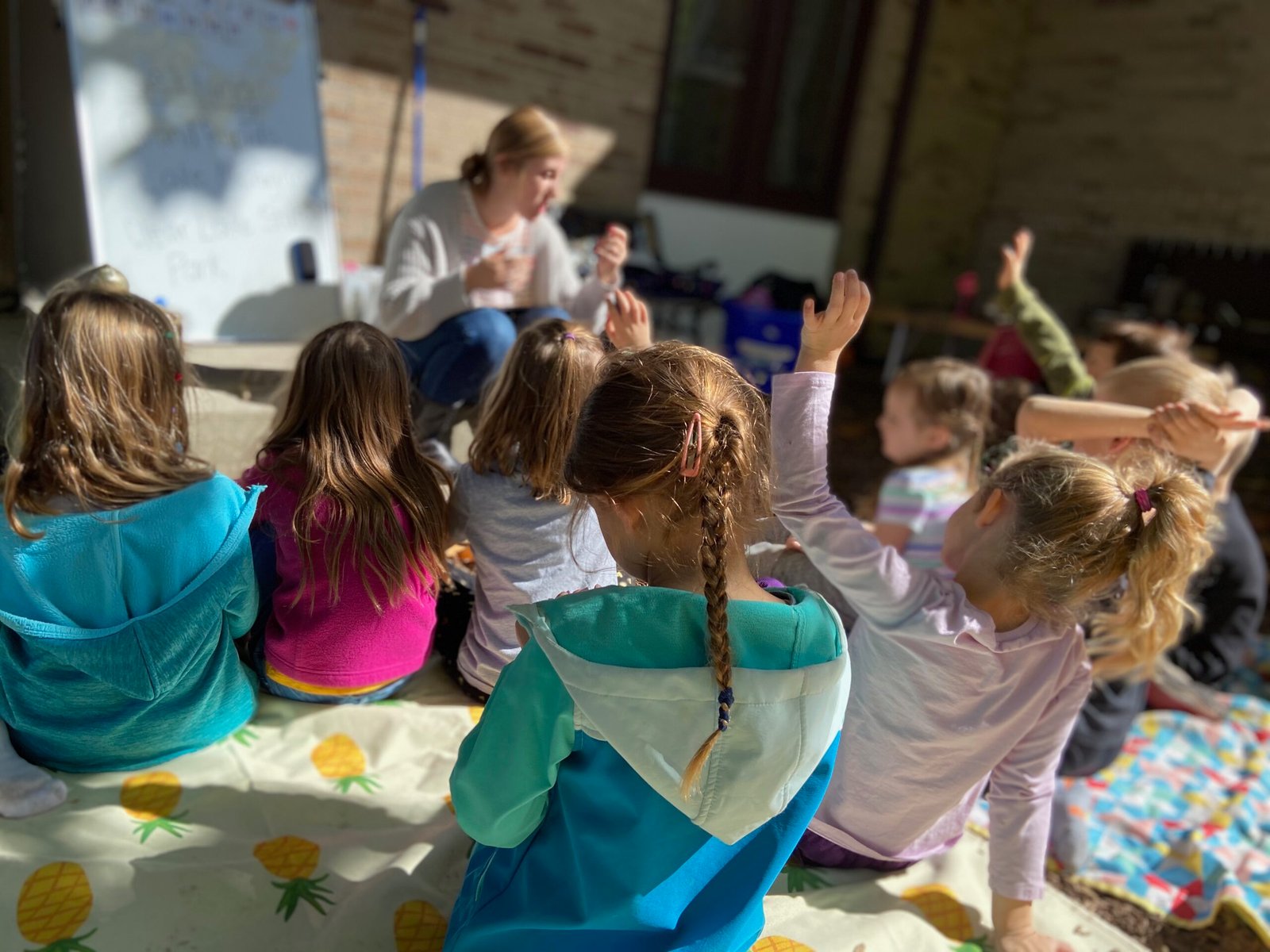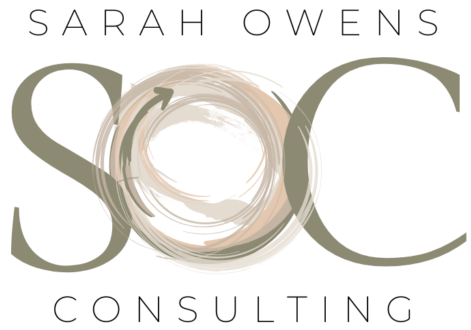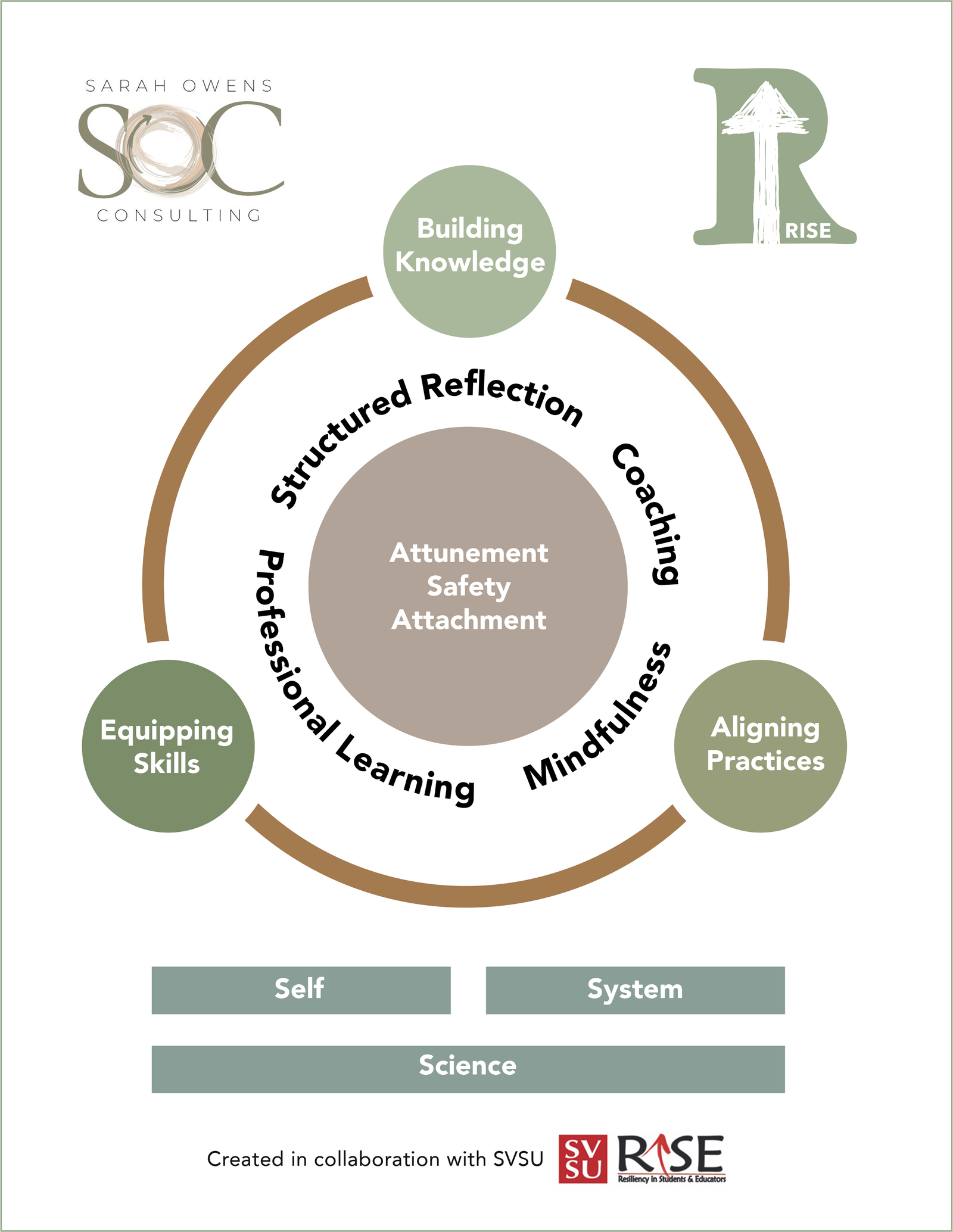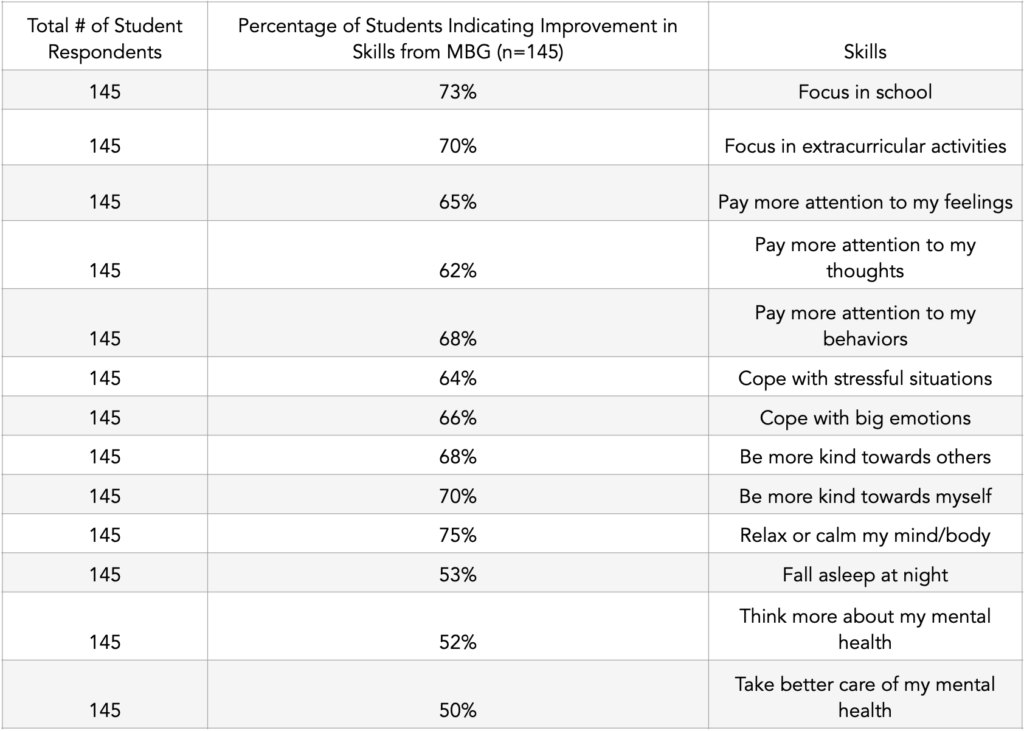RISE
RISE is a service model that comes alongside schools in their efforts of becoming a trauma-informed system
Through professional learning and coaching services, RISE equips educators with knowledge and capacity to REALIZE the neurological, emotional and behavioral effects of adversity and the influence it has on the teaching and learning dynamic; to RECOGNIZE the signs and symptoms in self, staff, students, and families; to RESPOND with fully integrated resilience-based practices and procedures rooted in attunement, attachment, and safety; in order to RESIST re-traumatization so that optimal teaching and learning can occur within the domains of social-emotional and academics.
When fully implemented, a trauma-informed system, on all levels, sustains an ever-evolving process of understanding itself, practices, and procedures that result in continuous learning and the embodiment of attunement, attachment, and safety for all staff and students. (SAMHSA, 2014).
Teachers
Testimonials
Services of the RISE Model
These services work together to ensure learning overtime and in the context of relationships to increase the educator’s experience and application of learning.
Professional Learning
Coaching
Mindfulness
Structured Reflection
Data
Outcomes
Teacher Outcomes
Educators of grades Developmental Kindergarten-5th grade completed the Center on Great Teachers and Leaders at American Institutes for Research’s Self-Assessing Social and Emotional Instruction and Competencies prior to engaging in one semester of RISE services which included professional learning, coaching, 12 weeks of the Mind-Body-Grow mindfulness curriculum, and Structured Reflection. These same teachers completed the tool again after the semester of services was completed.
Rationale for the the tool is summarized as:
“The educational community is increasingly focused on the development of students’social and emotional learning (SEL) competencies and the link between SEL and improved educational attainment and achievement. SEL is the process through which students develop the skills necessary to recognize and manage emotions, build relationships, solve interpersonal problems, and make effective and ethical decisions. The significance of SEL continues to grow in the context of policy debates concerning school improvement and individual student achievement. As a result, educators must understand how best to implement the most effective strategies to promote students’ development of SEL competencies. They must understand, too, how to build and improve their own SEL competencies, because teachers’ social and emotional competencies directly affect how they interact with students on both social and instructional levels. ” -Center on Great Teachers and Leaders, p. 1
The following provides a comparison of these results and highlights the growth that was statistically significant.
Student-Centered Discipline: use of developmentally-appropriate disciplinary strategies that motivate students to want to behave
- I teach students strategies to handle the emotions that affect their learning (e.g., stress, frustration)
- I model strategies that will help students to monitor and regulate their behavior
Teacher Language: how teachers talk to students
- I promote positive behaviors by encouraging my students when they display good social skills
- I let my students know their effort leads to positive results with specific affirmation.
Responsibility and Choice: degree to which teachers allow students to make decisions about classroom work
- I let my students help plan how they are going to learn in developmentally appropriate ways.
- I give students meaningful choices (with parameters) on what they can work on.
Warmth and Support: academic and social, from teacher and from peers
- I check in with my students about academic and nonacademic concerns they might have.
- I follow up with students when they have a problem or concern.
Self-Awareness
- I can effectively implement social teaching practices with my students.
- I am usually aware of how my emotions, culturally grounded beliefs, and background are precursors to my emotional reactions, and I understand how they impact my social teaching practices with my student
Self-Management
- Through the effective management of my emotions (e.g., use of stress reduction techniques), I am better able to implement social teaching practices, use positive approaches to discipline, and develop a positive learning environment that is free from bias and prejudice.
- I model behaviors (e.g., form guidelines, set boundaries) to help students learn to regulate emotions during social teaching practices
Social Awareness
- I usually understand the perspectives of my students and can pay attention to their emotional cues during classroom interactions.
- I try to understand why my students are not actively participating, and I am usually successful at providing my students the necessary skills to participate in the social teaching practices.
-
Relational/Social Skills
- I clearly communicate behavioral and academic expectations in a manner that addresses students’ individual needs and strengths when implementing social teaching practices
- I use the social teaching practices to help form meaningful relationships with my students and cultivate their SEL skills, and I am usually successful at building meaningful relationships.
Responsible Decision Making
- I am effective at considering multiple forms of evidence, such as balancing the needs and the behaviors of my entire class, while implementing social teaching practices.
- When I implement the social teaching practices, I balance students’ emotional needs and academic needs.
Resources
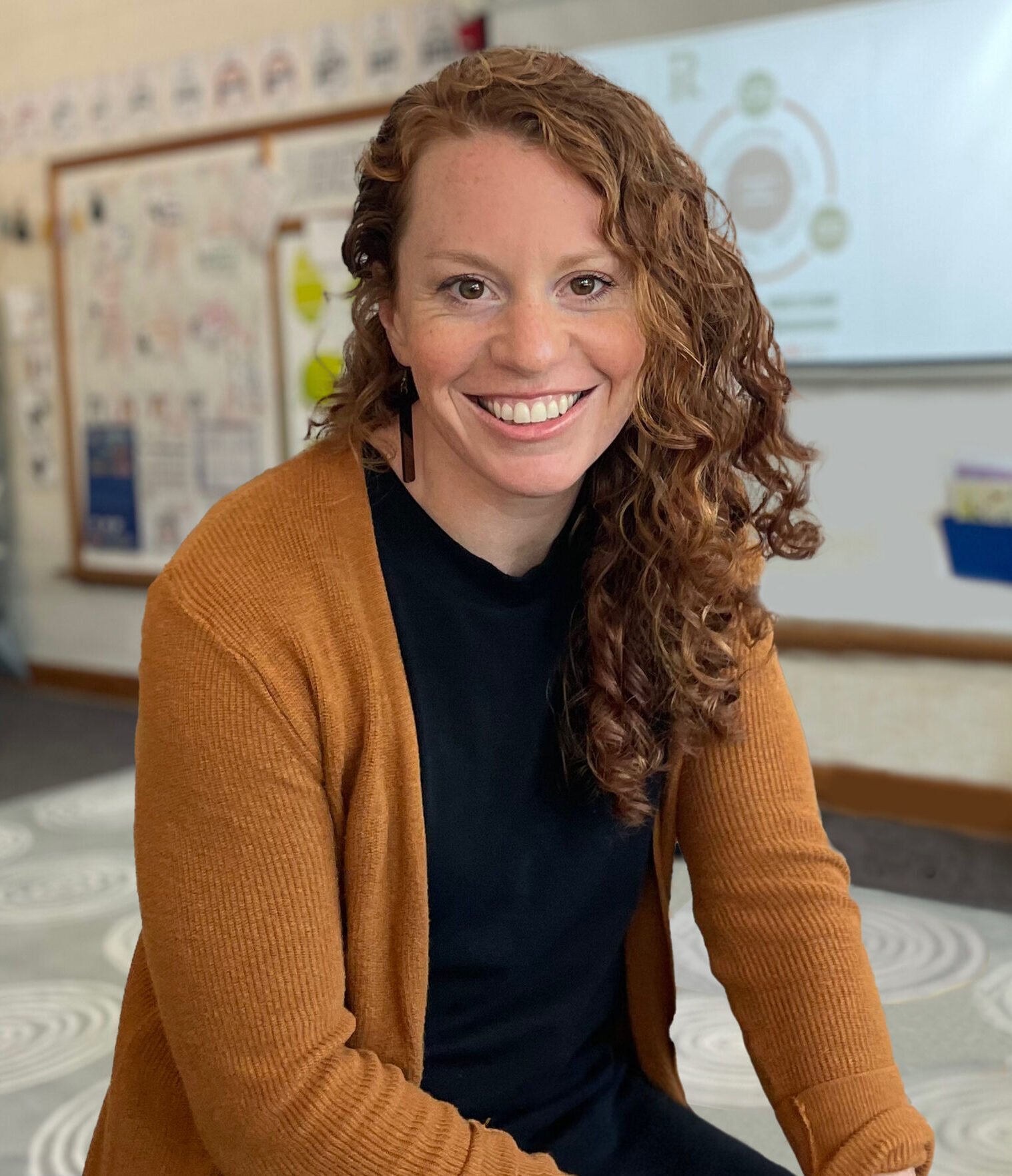
Sarah Owens
Sarah Owens received her BA from Central Michigan University in Special Education and Child Development and taught Special Education for 5 years. She then completed her Master’s and was an adjunct professor and student teacher supervisor for Saginaw Valley State University. During this time, Sarah began to realize the need for a trauma-informed understanding and practices throughout the region.
Gathering from her teaching experience and research, she formed the RISE framework and began contracting as Sarah Owens Consulting, LCC to provide districts with a framework that support establishing and maintaining a resilience-founded culture for staff and students.
Sarah is married to Steve and together they have three children: Jameson, Ivy and Sage. They live in a tiny farmhouse with their mini goldendoodle and enjoy something special about every season. Sarah is defined by her faith, being a coffee snob, a savorer of small moments, and Donald Miller’s quote,
“The point of a story is never about the ending, remember. It’s about your character getting molded in the hard work of the middle.”
Have Questions?
Send us a Message!
